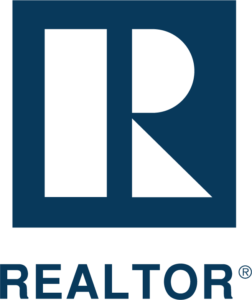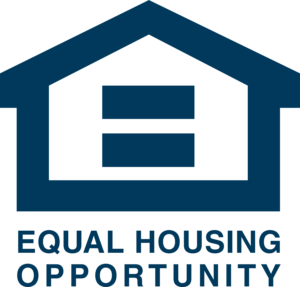Some people love the idea of a tightly regulated community, while others believe in “live and let live.” We’re going to look at the good, the bad, and the ugly of purchasing a home governed by a Homeowners Association (HOA).
While HOAs are usually found in townhouse communities, they can also be found in single-family housing developments as well. No two HOA’s are alike; they vary in the fees they charge, the services they offer and cover, and the rules governing the appearance of your home and property. For some, these regulations are a great way to maintain home and neighborhood values, but for many, these rules require far too much oversight.
First, let’s look at the reasons an HOA may be right for you.
Pros of an HOA
1. Maintain Property Values
You know that saying, one bad apple spoils the bunch? This is true in neighborhoods: one poorly maintained home can detract from the area’s value. All home upkeep requirements within an HOA are uniform and monitored.
2. Stop Nuisance Behaviors
Face it; neighbors aren’t always nice, but an HOA will encourage good behavior by setting clear expectations. For instance, late night parties, loitering, speeding through residential zones, and property neglect can all be monitored and regulated by your HOA. Want to know how tightly regulated each of these will be? Carefully read through all HOA documents provided during the purchase of your house.
3. Increased Community Connection
Neighborhoods with an HOA are more likely to hold community events, meetings, and other ways to connect with each other. HOA-run properties are also more likely to have common areas and shared spaces, such as fitness centers, parks, and pools.
4. Modification Controls
Since residents will be required to submit modification requests to the HOA, all home and property modifications (if allowed) will be consistent in appearance and quality.
Cons of an HOA
1. Money, Money, Money
When you move into a neighborhood run by an HOA, membership is not optional. You will be required to pay monthly dues and potentially cough up some extra money for an HOA project. Violations of HOA rules can lead to fines, too; make sure you count the extra HOA spend into your total monthly budget when purchasing a home.
2. Regulated Parking
Depending on the level of restrictions imposed by the HOA, the types of vehicles and where you park them can be tightly regulated. This can impact you if you have clients visiting a home-based business, gatherings for family and friends, and even your own personal vehicles.
3. Restrictive Rules
While some HOAs are more lenient than others, there are generally a few consistent rules they all follow. These can include the color you paint your home, if a fence is allowed (as well as what kind of fence), sheds, and lawn, yard, and tree maintenance.
Is an HOA Right for You?
HOAs have benefits for those seeking a steady and stable neighborhood environment. An HOA will ensure that all properties are maintained and that neighbors are “on their best behavior.”
If you’re someone who enjoys privacy, however, or who wants to enjoy the individuality of changing your home’s appearance, an HOA may not be the right choice for you.
Have questions about how restrictive an HOA will be? We will gather as much information as possible before entering into the transaction, and then once under contract, you will be provided a set of HOA documents outlining all the rules, regulations, etc. Always read the fine print when you are considering purchasing a home within an HOA setting, and make sure it’s a good fit for you.



